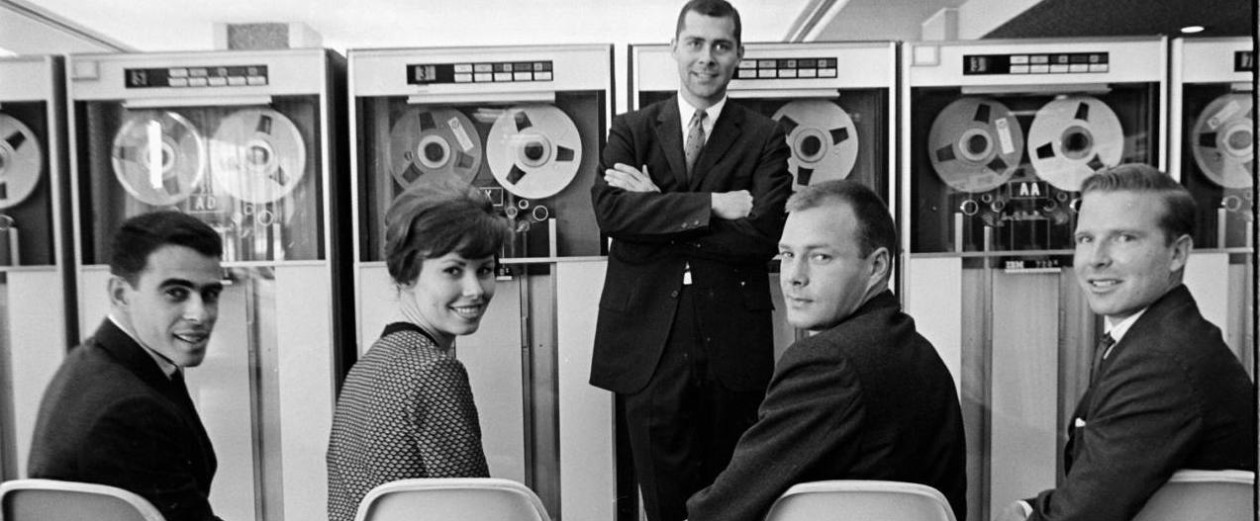In the most recent issue of the American Quarterly, a professor of Literature, Communication, and Culture at Georgia Tech named Lauren Frederica Klein has published an interesting review essay that covers The Computer Boys. The full essay is behind a paywall, but if you have access is well worth tracking down. I have said before that a good reviewer can reveal things about a book that even the author might not have seen or even explicitly intended. In this case, Professor Klein situates The Computer Boys in the literature the digital humanities. This is not necessarily how I had thought of the book, but her reading of the book in this context makes sense, and has given me much to think about.
Of the other books covered in the essays, I was familiar only Wendy Hui Kyong Chun’s Programmed Visions: Software and Memory (in fact, my much-delayed copy arrived in the mail earlier this week) and Lisa Nakamura and Peter Chow-White’s edited volume Race after the Internet. I assign Nakamura’s work all the time in my courses. The fourth book, however, was new to me: Debates in the Digital Humanities, edited by Matthew Gold. All of these are worth a closer look in their own right, but Klein’s essay inspires me to think of the connections between them in new ways. As academics, it is too easy to get lost in our own disciplines.
Here is one of the particularly nice things the review has to say about The Computer Boys:
This is important work for the history of computing, and for the digital humanities as a whole. For even if Ensmenger does not position his study as a prehistory of digital culture, accounts such as his are essential if we are to fully comprehend the historical and technical complexity of today’s digital world.
One of my goals in the book was to make the history of computing relevant to scholars in disciplines other than the history of science and technology. I am pleased to see that my work can be useful in the context of American Studies and the digital humanities!

 Follow
Follow